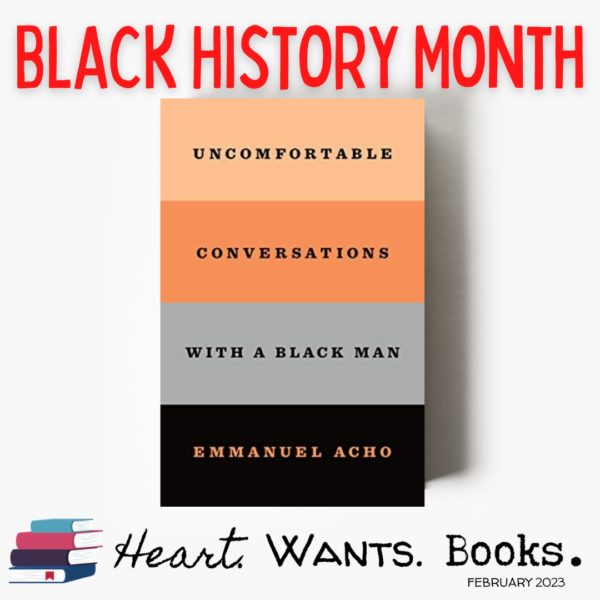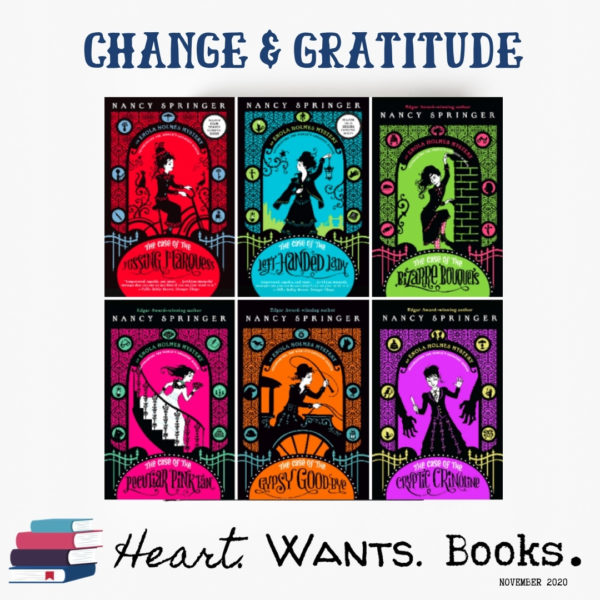The Kingdom of Back by Marie Lu November 26, 2020

The following post includes affiliate links. More details here.
Happy Thanksgiving from our bookish hearts to yours! We are thankful for you dear readers! As you’re doing your Amazon shopping today, we’d be ever so grateful if you’d use our affiliate link to do so as it helps pay the bills around here!

After reading about the patriarchy living its best life in the Mozart family, is it strange that I’m looking forward to spending time in Concord where the March sisters have a vote to accept Laurie into their confidence, the girls at the party dress up Meg because they want her to feel included, and they show love to all their neighbors? Nope. Not at all, and I’m hoping you’ll join me as I spend a few hundred pages’ time enjoying watching these women living their best lives amidst a national crisis, and then you’ll join me again on Friday, December 11 at 7:30 p.m. CST for virtual book club as we all cuddle up with Marmee and her little women! Please register so we can send you the details!
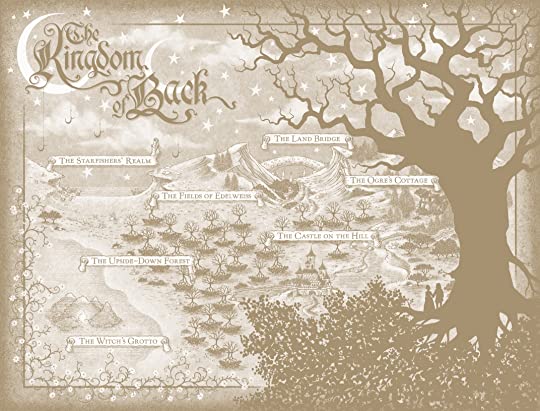
Oh dear readers, I don’t know what I was expecting from Marie Lu’s The Kingdom of Back but it wasn’t this. This was better than I expected! I’d read the marketing copy, so I knew this was a fantasy book and a tale of Mozart’s sister who was also a prodigy. I knew nothing about the lives and employment of musicians during the late eighteenth century and little of Mozart himself. I want to lead with my favorite part, and also spoil the author’s notes. While this was a fantasy book, the Kingdom of Back is real! Legit, Woferl and Nannerl made it up and asked Sebastian to draw it for them! Is it exactly as described in the book? Who knows, but the facts of the inspiration for this book make it so much more fun!
I can see the wheels turning in your minds and it looks something like this: first paragraph includes “patriarchy living its best life” and second includes “better than I expected,” what in the crazy pants is going on and what does she actually think about this book. Well, so many things y’all, so many. Ashley’s going to dig into the patriarchy and family issues, which were a heavy struggle. For now, let’s hang out in the Kingdom of Back.
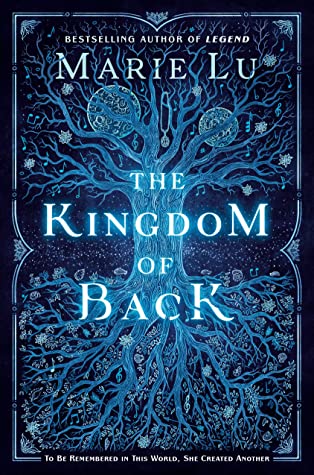
Like many a good sibling in books we love (hint Little Women) Nannerl and Woferl, as young children, share a bed for warmth (it’s the late eighteenth century in Austria, it makes sense), and as also happens (and in real life) kids won’t just go the *bleep* to sleep because they have words that need to come out. For the Mozart siblings, they determined stories were the best way, starting with Nannerl spinning a piece of the tale and then Woferl joining in to shape this fantasy world created on the premise of everything being backwards from real life. Now, do we know this is how the Kingdom came to be? Nope, but I adore it and knowing little kids, and listening to them play as I do, they take turns spinning tales and creating scenarios to play out, which is so fun to watch. As in real life, it doesn’t stay fun (in real life someone screams, for cause or not). I won’t ruin the ending, but I do want to say the fantasy piece of this book is a bit dark, but there’s also hope. I wish Nannerl could have raised her brother less and read books more, because some of the fantastical story line was fairly predictable to a reader of the genre, but not to our sweet heroine. It takes me back to my freshman seminar class to say it, but Hyacinth feels like a metaphor for the layers and nuances of Nannerl’s life, just with bolder edges. As much as the Kingdom made me cringe and want to shake Nannerl, it also made me fall in love with Marie Lu. The way Lu describes the Kingdom painted a gorgeous picture in my head and made me feel like I was in the middle of it with Nannerl, Woferl, and Hyacinth. She also brings alive the feelings of the music through her description, which feels like a special kind of magic. Nannerl says of Woferl’s playing, “I recognized the kingdom in his melody—at once sweet and beautiful, newly formed, in a minor key that made it sound like a place that could never quite settle.” I remember next to nothing about music theory from middle and high school, but the idea of a minor key being unsettled is still so familiar. And the way the idea of music being such a nostalgic connector is so real to me (just ask me next time the grocery store plays my jam, because that’s how old I am). I’m not likely to reread this, but all of Lu’s backlist is soon to be on my TBR.
I give The Kingdom of Back three and a half stars, which I’ll reluctantly round up to four, and I struggled with it. It’s a heavy book, and I don’t appreciate the historical truths of Nannerl’s real life experiences, but it’s a gorgeous new part to a story already told by so many who have not shined a light on the sister who raised Wolfgang. Nannerl deserves her genius and her struggles to be known too. She deserves to be remembered, as we all do.
What’s a book that you didn’t like, but appreciated all the same?
~Nikki

I needed to take some time to percolate my thoughts and opinions on the story that brought New York Times bestselling young adult author Marie Lu to her publisher’s attention twelve years ago, but wasn’t ready to meet the world until March 2020. The Legend series was published first, then came The Young Elites series, and then the Warcross Series. Just released September 2020 is the first novel in the Skyhunter series. Lu is a former computer Flash artist working in Los Angeles for Disney turned full-time author. She was born in China and immigrated with her parents to Texas in 1989. When she is not writing, she reads, draws, and plays Assassin’s Creed, living out her day in LA with her husband, young son, and their dogs.
As Nikki stated, Lu’s inspiration for The Kingdom of Back was based on research about Wolfgang Amadeus Mozart and his talented older sister Maria Anna Mozart, called Nannerl. The book takes place over the span of ten years, as Nannerl is 8 and grows to 18. She does grow in herself as well as physically, but I was frustrated at the lack of support she received from her own family. I want to unpack some of her family of origin issues. I also want to call it like I see it – this is how parents can help create Enneagram Type One children.
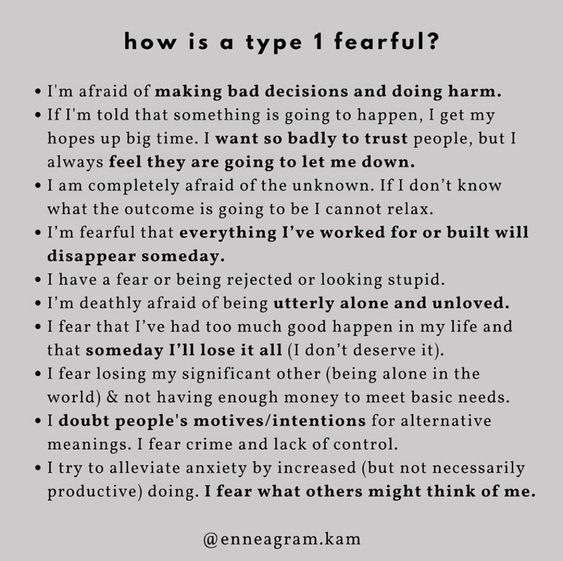
Enneagram One personality types are commonly known as The Perfectionist. (Hey that’s me!) How does one help form an Enneagram One personality type? Read this book for a starter guide. But, the summary is that with whatever tasks you give them to do, or imply that they must do, you only praise them for perfection, never just for trying hard things. These parenting strategies may sound like only giving praise where it is earned – tough love or not coddling a child – but what it can do to that child is teach them that the only times they are worthy of praise is when they are exhibiting perfect behavior. Their minds give them an inner critic that constantly belittles every single thing they want for themselves, drilling down that lit.er.al.ly. nothing they do is good enough, and that they are not good enough as an extension. For what are we defined by but by that which we do? Nannerl’s father Leopold is the epitome of this parenting style, never giving approval unless there is perfection. Nannerl hides her compositions, the music of her soul that could bring her such joy, for fear of her father’s disapproval and his ability to destroy her work because it wasn’t a “woman’s place” to compose or create. Except for more little boys of the patriarchy, but I digress… Nannerl’s mother does nothing but acquiesce to Leopold in every decision for their family because it is “not her place” to have an opinion of where her family lives or when they travel. She doesn’t even try to teach her daughter that their lives could be different, that Nannerl could compose because she had talent and skill. Woferl, young Wolfgang, was Nannerl’s only support and he praised her at every opportunity, loved her for herself, but Nannerl was so conditioned by the fear of her father and his disappointment she couldn’t see her brother’s unconditional love for what it was. By the end of the book Maria Anna, calling herself Mariann, finally holds her inner self up even if her outer self still meets the expectations that the patriarchy imposes upon her. I needed more from her as our ‘heroine,’ and it is probably not right to place these expectations on an actual historical figure telling her own fantastical tale, but I’m the reader and I can do what I want. Also, I was really creeped out that historical Mariann allowed her father to raise her first born, a son named Leopold, and biographers say it was because Leopold Senior wanted another chance to raise a musical genius. What the actual, y’all?
This book was a very hard read for me, emotionally, from start to finish. Even though Lu’s writing was delicious, the theme was a rough time for me, and I won’t be revisiting this title. I have been In Medias Res on Lu’s Batman: Nightwalker novel, number 2 in the DC Icons young adult series since early in the month. Now I am loving that book and can’t wait to settle back in with Bruce Wayne during this long Thanksgiving weekend.
Are there any works of an author that you love that don’t sit well with you after you have read them, but you’ll still go back to their other works searching for that je ne sais quois that you loved from before?
~Ashley

PLEASE SUPPORT US WHEN YOU SHOP BY FIRST CLICKING ON THE IMAGES BELOW:




